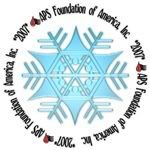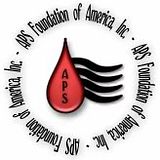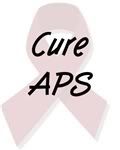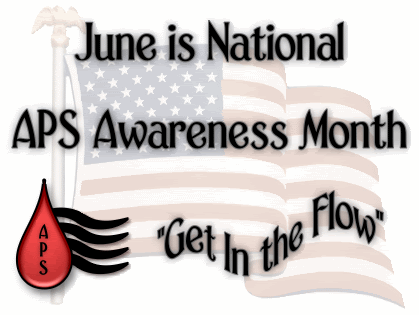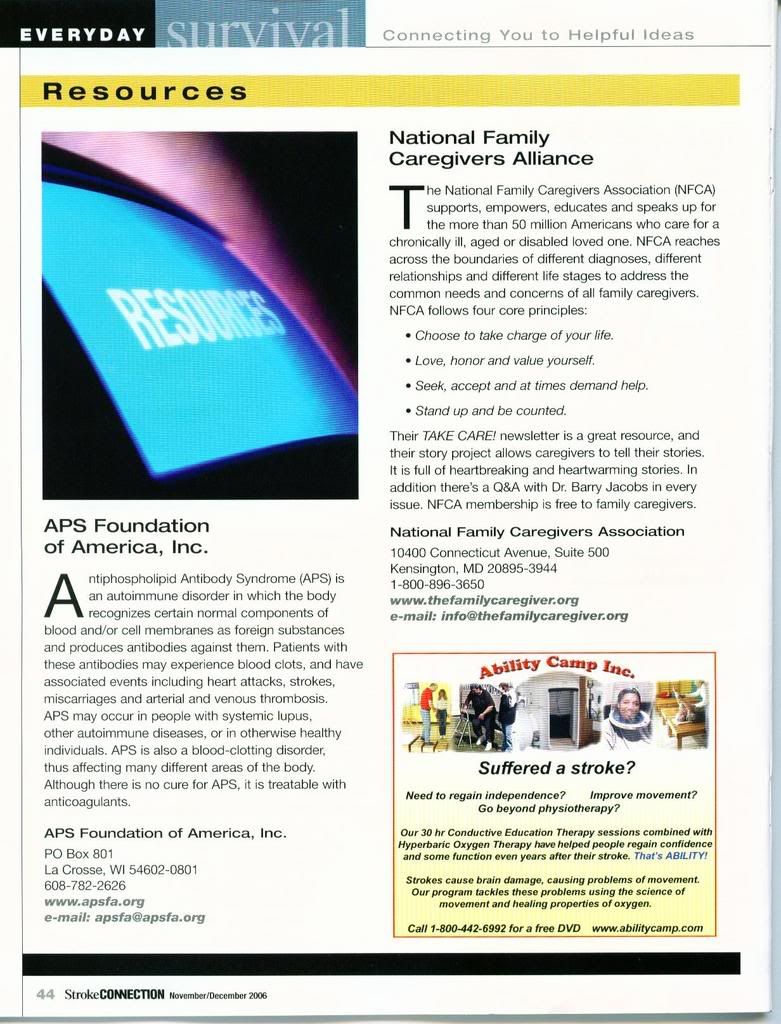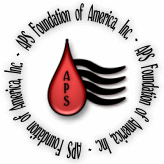
FOR IMMEDIATE RELEASE
Friday, May 5, 2006
CONTACT:
Joyce McDonald orAnn Puderbaugh
301-435-0888
NIH Launches Clinical Studies Nationwide to Investigate Rare Diseases $71 Million Effort to Address Neglected ConditionsThe National Institutes of Health (NIH) announced today it is launching the first clinical studies of its Rare Diseases Clinical Research Network (RDCRN). More than 20 studies are expected to open in the next few months at about 50 sites across the United States and in several other countries including the United Kingdom, Japan, and Brazil.
Rare Diseases Studies Listed By City:
http://www.ncrr.nih.gov/clinical/rdcrn_studylist.aspOfficially, a rare disease is defined as a disease or condition affecting fewer than 200,000 persons in the United States. About 6,000 such disorders have been identified, impacting an estimated 25 million Americans. Few drug companies conduct research into rare diseases since there is little chance to recoup the costs of developing treatments for such small, geographically dispersed populations.
“By studying the genetic component of these rare diseases, we hope to be able to better predict the course of the illnesses and provide more effective, personalized treatments for those afflicted,” said Elias A. Zerhouni, M.D., NIH Director. “Ultimately, this individualized approach, completely different from how we treat patients today, will allow us to prevent or to promptly treat the complications arising from these genetic disorders.”
The RDCRN has received five-year funding awards totaling $71 million and is coordinated primarily by two NIH components — the Office of Rare Diseases (ORD) and the National Center for Research Resources (NCRR). A central data and technology coordinating center and 10 research consortia will investigate a variety of diseases including Angelman, Rett, Prader-Willi syndromes; myelodysplastic syndrome and other bone marrow failure conditions; lymphangioleiomyomatosis (LAM), rare genetic disorders of the airways, and other rare lung diseases; episodic ataxia, Andersen-Tawil syndrome, and nondystrophic myotonias; several vasculitides; urea cycle disorders; antiphospholipid syndrome and other rare thrombotic diseases; rare pediatric liver diseases; and rare genetic steroid defects.
"Increased collaboration among researchers investigating rare diseases will not only lead to discoveries that will help prevent and treat these conditions, but may also produce medical advances that will benefit the population in general,” said Stephen Groft, Pharm.D., Director of NIH's Office of Rare Diseases.
The initiative includes interventional trials to test new therapies or drugs, as well as longitudinal or natural history studies that will provide information about the characteristics of rare diseases and their progression over time. Data collection standards have been established for the research projects and the data produced will be made publicly available with appropriate safeguards for patient confidentiality.
“This network was created to share the experience, approaches, and tools for the study of rare diseases and to train the next generation of investigators,” said Barbara M. Alving, M.D., NCRR’s Acting Director. “The adoption of standards and common data elements across diseases is groundbreaking, promotes cross-disease analysis, and provides a rich source of information to be mined by researchers around the world.”
Each consortium in the network includes active participation by the relevant patient advocacy groups. In addition, the Coalition of Patient Advocacy Groups (CPAG) was created to represent the more than 30 patient advocacy groups involved in the network. CPAG has been instrumental in outreach to the affected populations and gaining their input into the development of studies.
“In forming this coalition of rare disease groups, NIH has created a powerful vehicle for us to collaborate and communicate with one another that has already brought dividends,” said Patrick Cochran, CPAG Chair and founder of the Periodic Paralysis Association. “Not only have we been able to share information and learn from each other, by working together we have also secured additional support from foundations and corporations.”
The RDCRN is funded by the ORD; NCRR; National Heart, Lung and Blood Institute; National Institute of Child Health and Human Development; National Institute of Neurological Disorders and Stroke; National Institute of Arthritis and Musculoskeletal and Skin Diseases; and National Institute of Diabetes and Digestive and Kidney Diseases — all components of NIH — an agency of the Department of Health and Human Services. For more information about the RDCRN, please visit:
http://www.ncrr.nih.gov/clinical/cr_rdcrn.asp.
NCRR provides laboratory scientists and clinical researchers with the environments and tools they need to understand, detect, treat, and prevent a wide range of diseases. This support enables discoveries that begin at a molecular and cellular level, move to animal-based studies, and then are translated to patient-oriented clinical research, resulting in cures and treatments for both common and rare diseases. NCRR connects researchers with one another and with patients and communities across the nation to harness the power of shared resources and research. For more information, visit
http://www.ncrr.nih.gov.
The National Institutes of Health (NIH) — The Nation's Medical Research Agency — includes 27 Institutes and Centers and is a component of the U.S. Department of Health and Human Services. It is the primary federal agency for conducting and supporting basic, clinical and translational medical research, and it investigates the causes, treatments, and cures for both common and rare diseases. For more information about NIH and its programs, visit
http://www.nih.gov.
http://www.nih.gov/news/pr/may2006/ncrr-05.htmThe APS Foundation of America, Inc does work closely with the Rare Thrombotic Diseases Consortium which works with the Rare Diseases Clinical Research
Network.
http://rarediseasesnetwork.epi.usf.edu/
http://rarediseasesnetwork.epi.usf.edu/rtdc/learnmore/index.htm#aps
http://rarediseasesnetwork.epi.usf.edu/rtdc/takeaction/groups.htm
We will posting more information as it arrives on progress they are making and when the contact registry is ready to be launched.


